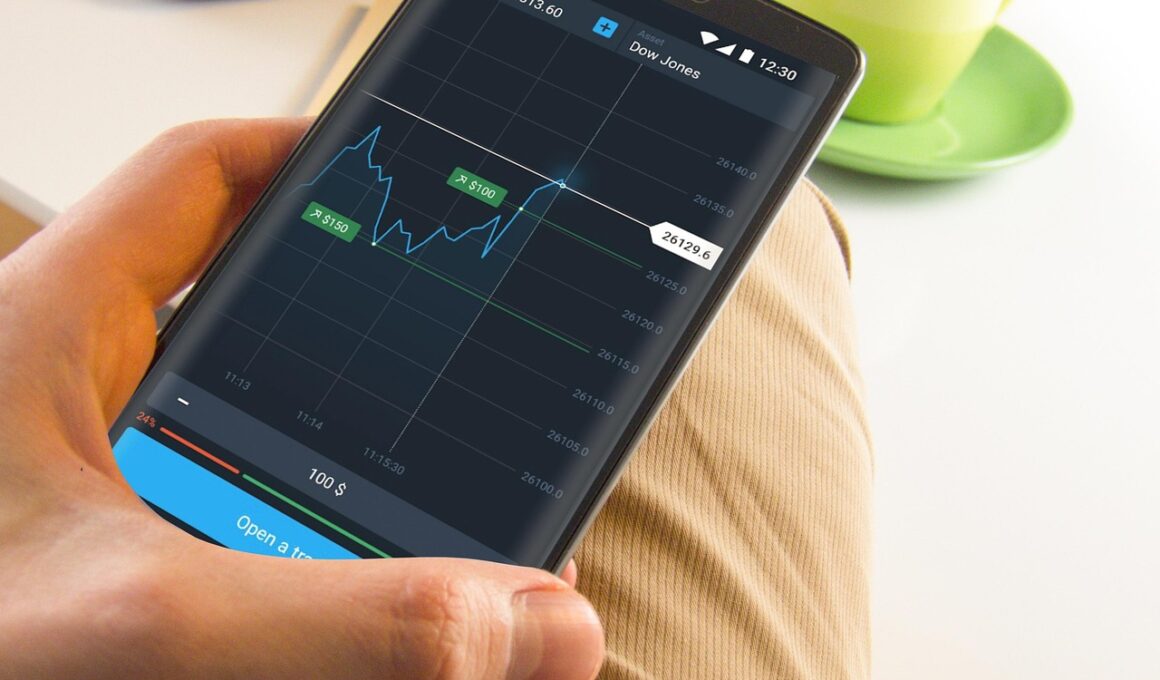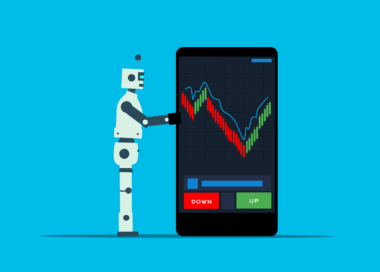The Evolution of Forex Technology: Transforming Currency Trading
In recent years, the evolution of Forex technology has profoundly transformed currency trading landscapes. Forex trading, involving the exchange of global currencies, has seen significant advancements driven by innovations aimed at enhancing efficiency, transparency, and accessibility. Previously, traders relied on outdated methodologies laden with inefficiencies and barriers to entry. However, the emergence of Forex technology has brought forth platforms enabling instantaneous trades and real-time analytics, empowering both professional and retail traders alike. Technological advancements allow for automated trading systems that execute trades based on set criteria. Furthermore, mobile trading applications provide traders with the flexibility to make trading decisions on the go, allowing access to foreign exchange markets from virtually anywhere. Regulators also appreciate the opportunity that advanced technologies present in curbing fraudulent activities and ensuring compliance. Overall, the effect of evolving Forex technology speaks volumes in terms of the advantages offered for traders to capitalize on market opportunities more effectively. As we dive deeper into this narrative, it will be beneficial to explore the various facets of Forex technology and its growing impact on the industry.
Key Innovations in Forex Technology
Various innovations have shaped the Forex technology landscape, enhancing the trading experience significantly. One of the most notable advancements is algorithmic trading, employing algorithms to automate trading decisions. This method reduces human intervention and increases the speed of trading, allowing traders to capitalize on market movements promptly. Additionally, platforms like MetaTrader offer sophisticated tools for traders, including advanced charting capabilities and indicators that guide decision-making. The integration of artificial intelligence (AI) further aids traders by analyzing vast data volumes to identify market trends and predictive analytics. Additionally, the rise of blockchain technology introduces decentralized finance (DeFi) in the Forex environment. Blockchain enables secure and transparent transactions, offering users greater confidence in trade execution. Moreover, mobile technology has transformed Forex trading, allowing traders to engage in real-time transactions from their smartphones. Because of these advancements, Forex has become accessible to a broader audience, witnessing an influx of new participants. This democratization of trading opportunities is pushing the boundaries of financial inclusion and fostering a more competitive market environment.
Data analytics also plays a significant role in the transformative journey of Forex technology. Enhanced data analytics empowers traders with insights drawn from market movements that were previously difficult to discern. Traders use big data analytics to evaluate performance metrics, monitoring their strategies and adjusting them as necessary. Tools employing machine learning algorithms analyze historical data trends to predict possible future price movements, equipping traders with knowledge to inform their trading strategies effectively. This data-driven approach not only boosts trading accuracy but also minimizes risks associated with volatile Forex markets. Another key aspect is the improved liquidity brought on by technology; high-frequency trading (HFT) firms increase the availability of currency pairs, resulting in a smoother trading experience. Overall, as Forex technology continues to evolve, traders gain access to advanced tools and information sources previously reserved for institutional players, leveling the playing field within the industry. The enhanced analytical abilities ultimately lead to better trading decisions, allowing all market participants to reap the benefits of technological advancements in Forex trading.
Impact on Retail Traders
The evolution of Forex technology has considerably impacted retail traders, who previously faced numerous barriers. With advancements in technology, retail traders now have access to the same tools and resources that institutional traders have utilized for years. This equalization of the playing field has empowered individual traders, allowing them to conduct trades efficiently and effectively. Moreover, the incorporation of social trading platforms enables retail traders to learn from each other and copy successful strategies, promoting collaboration among traders globally. This social element introduces a community aspect, fostering a supportive environment where traders can share insights and experiences. Additionally, the rise of low-cost trading solutions has minimized transaction costs, making Forex trading more affordable for individuals. Thanks to technological breakthroughs, educational resources online have also diversified, providing aspiring traders with various courses and webinars to enhance their knowledge. Consequently, the influx of information and resources empowers retail traders to make well-informed decisions, which ultimately fosters greater market participation. This democratization of access has fueled the Forex market’s growth, reflecting technology’s vital role in reshaping trading dynamics.
Security remains a primary concern for Forex traders, particularly with the rapid integration of technology. As digital platforms proliferate, the need for secure trading environments has never been greater. Forex brokers now implement cutting-edge security measures, including encrypted connections and two-factor authentication, ensuring the safety of users’ sensitive information. Compliance with regulatory requirements and industry standards plays a crucial role in maintaining trust among traders. Furthermore, continuous monitoring systems detect fraudulent activities, creating a safer trading environment. While technology opens doors to numerous opportunities, it also invites risks such as cyberattacks, emphasizing the necessity of prioritizing security. Thus, Forex technology has developed alongside security measures, ensuring that platforms not only function seamlessly but also protect users from potential threats. Moreover, regular updates and improvements in cybersecurity protocols enable Forex brokers to stay ahead of threats. Consequently, traders feel more secure in engaging with Forex platforms, reinforcing their confidence in conducting transactions online. This focus on security helps solidify trust, ensuring long-term sustainability within the Forex trading ecosystem.
The Future of Forex Technology
Looking forward, the future of Forex technology appears promising, with trends likely to shape the industry further. The emergence of artificial intelligence and machine learning will continue to revolutionize trading strategies. Automated trading systems, powered by intelligent algorithms, will dominate the trading landscape, offering enhanced precision and reduced emotional factors in decision-making. Additionally, the integration of augmented reality (AR) and virtual reality (VR) may provide advanced simulations and training environments for Forex traders, enriching their learning experiences. Blockchain’s role is expected to expand, creating more decentralized platforms and lowering transaction costs even further. As regulations continue to evolve, compliance technologies will play an increasingly vital role in ensuring adherence without hampering innovation. Moreover, the continuous push for data transparency will propel changes in how Forex firms operate, promoting better practices and enhancing market integrity. The growing demand for speed and efficiency in trading will likely fuel technological developments, fostering a competitive environment. Traders must remain adaptable to these advancements, continuously updating their strategies to harness the full potential of innovations that are set to transform the future of Forex trading.
In conclusion, the evolution of Forex technology has significantly transformed the landscape of currency trading. Innovations have continuously paved the way for enhanced accessibility, increased efficiency, and improved trading experiences. Improved data analytics, algorithmic trading, and mobile access have enabled greater participation across the board. Retail traders now enjoy the benefits of equal access to advanced tools and insights previously reserved for professionals. As the market continues to evolve, traders must emphasize security, embracing evolving measures to keep their transactions safe. The future will undoubtedly bring more revolutionary changes, driven by innovations in AI, blockchain, and data transparency. This makes it essential for traders to be proactive and adaptable, as the Forex trading environment becomes increasingly dynamic and competitive. Overall, the narrative surrounding Forex technology highlights that ongoing development will reshape not only how trading occurs but will also establish a new norm of trading experiences for many. Finance professionals, startups, and regulators alike should collaborate and embrace these advancements to create a secure, innovative, and inclusive Forex trading ecosystem for all stakeholders.





